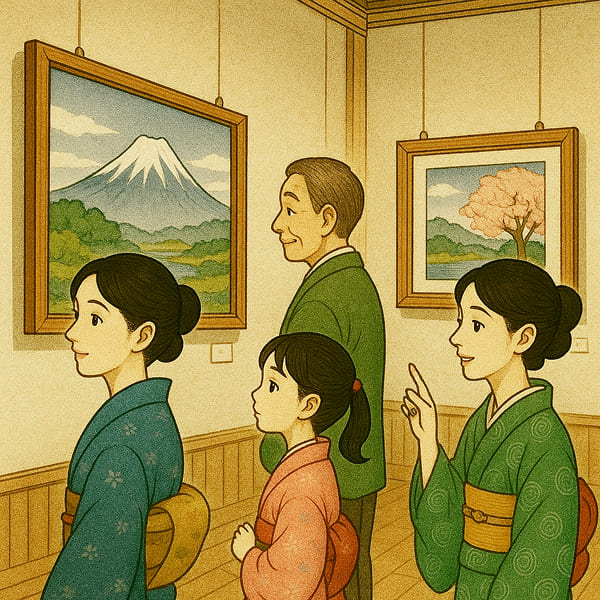Culture Day in Japan: Celebrating Art, Tradition, and Freedom

Contents
Imagine a day when museums open their doors for free, artists are honored by the Emperor, and Japan comes alive with the spirit of creativity and reflection.
This is Culture Day (Bunka no Hi), a national holiday observed every year on November 3rd.
Originally rooted in the birthday of Emperor Meiji, Culture Day now celebrates artistic achievement, Japan’s creative traditions, and the values of peace and freedom. From calligraphy and tea ceremony to digital art and contemporary design, the day showcases the full spectrum of Japan’s cultural brilliance—both traditional and modern.
History and Origins of Culture Day
Culture Day was officially established in 1948, but its roots go back to the Meiji Era, as November 3rd was originally observed as Emperor Meiji’s birthday. After World War II, the holiday was redefined to emphasize artistic development, freedom of expression, and peace, aligning with the promulgation of the Japanese Constitution on the same date in 1946.
Today, the day represents not only a celebration of Japan’s artistic legacy but also a reaffirmation of its commitment to democratic values and creative innovation.
How Japan Celebrates Culture Day
Culture Day is marked by a variety of events, art exhibitions, and public ceremonies held throughout Japan. Major cities host special museum exhibits, parades, and stage performances that showcase the depth of Japanese expression.
Many museums and art galleries offer free admission on this day, encouraging visitors of all ages to explore Japan’s artistic treasures. Schools, universities, and local governments organize presentations, music concerts, and traditional crafts workshops, fostering a deeper appreciation for Japan’s creative identity.
A highlight of the day is the presentation of the Order of Culture by the Emperor of Japan to individuals who have made outstanding contributions to the fields of science, arts, or culture. These recipients represent the pinnacle of achievement and serve as inspirations to the public.
Cultural Significance and Modern Relevance
Culture Day underscores the vital role that the arts and heritage play in shaping a peaceful and forward-looking society. Japan’s ability to merge time-honored traditions with modern creativity is at the heart of its national character.
This national holiday serves as a moment to reflect on how creativity influences education, enriches communities, and strengthens international understanding. It’s also a day that encourages individuals to participate in heritage conservation and the creation of new artistic expressions.
Final Thoughts
Culture Day is a powerful reminder of the beauty and importance of Japanese expression, the arts, and individual freedoms. As galleries welcome curious minds and communities celebrate their shared legacy, the holiday continues to foster a love for learning, creativity, and peace.
Whether you're exploring Japan for the first time or have called it home for years, Culture Day invites you to step into a living gallery of tradition, creativity, and shared spirit.